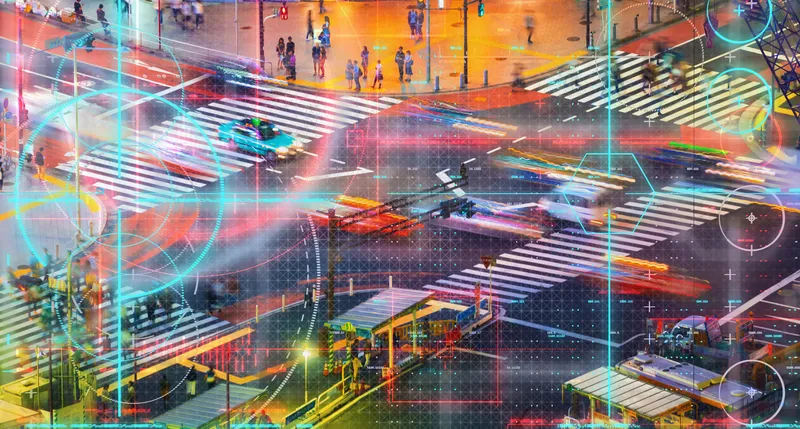
Congestion fell by 14% thanks to a major upgrade of the intersection - the first of its type in the Australian state of Victoria.
Intelematics has been processing traffic data for over a decade from thousands of sensors in roads and infrastructure, probe vehicles and by other forms.
It now says that it can deliver accurate data, available in 15-minute intervals which can be analysed by month, year, suburb and street name, through its online data store.
"Our traffic data has been widely used by drivers, vehicle manufacturers, auto clubs, emergency services and government departments for over a decade," said John Cardoso, senior product manager at Intelematics.
"We are now broadening its use, to those who plan, deliver and manage infrastructure projects, like engineers and policymakers, who can also benefit from accurate historical data,”
Rather than performing a physical traffic survey such as a video recording or placing pressure tubes on the roads, engineers and policymakers can now more efficiently collect vital traffic information, almost instantly.
"Intelematics can also look at the effect that the project had on feeder roads – something that would have been nearly impossible unless every feeder road was also monitored with pressure tubes," he said.
Another Intelematics analysis showed drivers in Melbourne were found to have cut back on trips by up to 88%, according to qualitative data.
The analysis looked at the effect that Covid-19 might be having on congestion in Melbourne during the month of March. Data for March 28 showed only 12% of traffic compared to the average March peak.
The qualitative research also found that Melbournians were spending up to 70% less time travelling per trip. This clearly indicates people were abiding by the government's recommendation to travel only if necessary, explained Carduso.
"What was interesting about the Covid-19 traffic study was that this was the first time we had used qualitative traffic data by looking at trip origins and destinations,” said Cardoso.
“This new way of analysing traffic data allows us to conduct a much more granular analysis than ever before.”
Intelematics was set up in 1999 and apart from Australia, operates in North America and Europe.
The company’s expertise is in connected transportation services such as real-time insights and predictive services, connected motoring applications on vehicle dashboards and specialist safety and security services.









